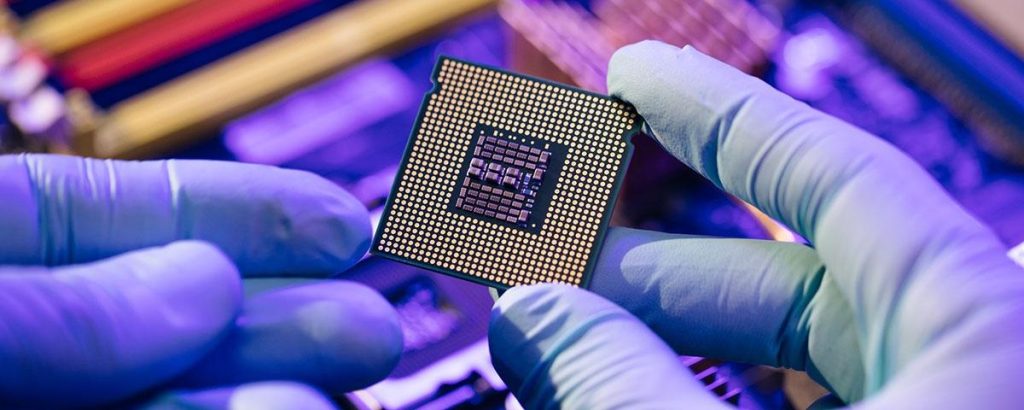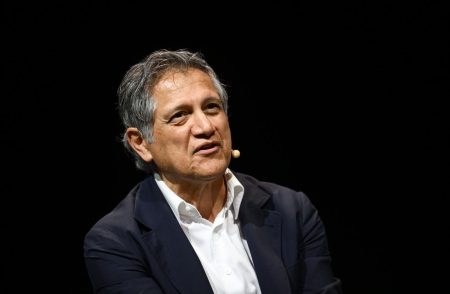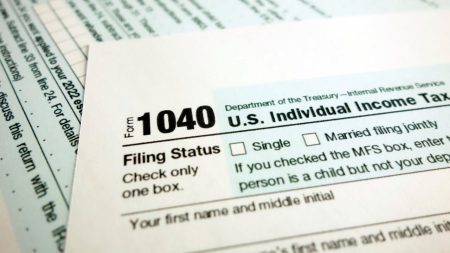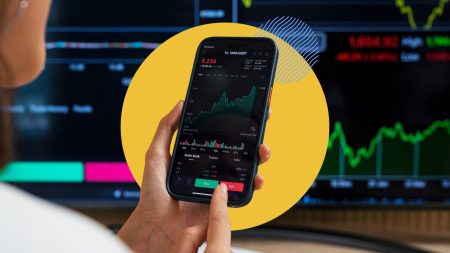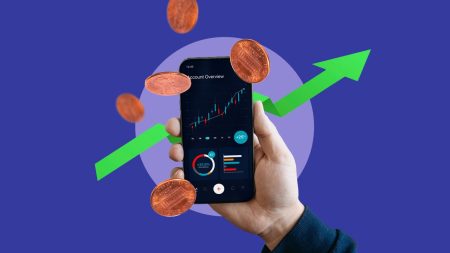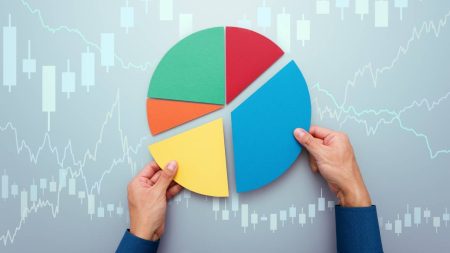Key News
Asian equities were higher except for Taiwan, South Korea, and semiconductor stocks regionally on potential US chip export restrictions and weak guidance from ASML. However, the rotation from the Magnificent 7/US mega-cap technology stocks would arguably hit their global equivalents.
According to Google, India was closed for Muharram, the first month of the Islamic calendar, and Pakistan closed for Ashura, the tenth day of Muharram.
Markets were quiet overall in advance of tomorrow night’s Third Plenum release. There was very little market-moving news as June youth unemployment for 16 to 24-year-olds, excluding students, improved but remained high at 13.2% versus 14.2% in May. The IMF raised its 2024 GDP forecast to 5% from 4.8% due to “resurgent domestic consumption propelling the positive upside in the first quarter” and “a rebound in private consumption and strong exports in the first quarter.”
There was some rotation today as healthcare was the best performer in Hong Kong, gaining +2.41%, and Mainland China, gaining +2.24%, on little news, which was less a sell-side upgrade of Hong Kong online healthcare companies. Alibaba Health gained +8.57%, Ping An Healthcare gained +9.62%, and JD Health gained +3.83%. However, would you believe these companies are consumer staples due to being “drug retailers” according to the Global Industry Classification (GIC)?
Sticking with the sector rotation idea, consumer staples outperformed in both Hong Kong and Mainland China, gaining +2.08% and +2.35% on chatter that a new consumption tax won’t include liquor stocks. Kweichow Moutai gained +1.72% on the news as well. Investors rotated out of energy, the worst performer in both Hong Kong and Mainland China, down -3.97% and -2.14%, with materials not far behind, lower in Hong Kong and Mainland China by -3.66% and -1.38%. Real estate was strong as it gained +1.39% in Hong Kong and +2.21% in Mainland China, with my expectations the space receive further policy support post-Third Plenum.
Hong Kong’s most heavily traded were Tencent, down -1.64% on no news though they can’t buy back stock due to their coming Q2 release, energy giant CNOOC, down -5.16%, Alibaba, up +1.06%, Meituan, up +1.36%, and China Mobile, down -2.34%. Semiconductor stocks in both markets were among the worst sub-sectors. Internet names were largely higher as JD.com gained +2.11%, Kuaishou gained +0.97%, Baidu gained +0.55%, and NeEase gained +1.39%, though Trip.com was down -0.8%. Mainland investors bought Tencent via Southbound Stock Connect, though sold the Hong Kong Tracker ETF on a rare net sell day. Mega-cap financial stocks had strong volumes in National Team ETFs, indicating market intervention today, which allowed the CSI 300 to be positive, though both Shanghai and Shenzhen Composites were down. The weak dollar overnight helped CNY-denominated assets.
Tokyo Electron was down by 7.46% on reports that the Biden Administration would expand chip export restrictions to allies. As of 3/31/2024, Tokyo Electron did $5.63 billion/44% of its revenue in China versus $1.16 billion/9.2% in the US. If you force people to choose, you might not like the outcome.
“China is the greatest threat to the US” is a statement I find perplexing with conflicts going on in Europe and the Middle East. Besides the strong trade, economic, and US multi-national revenue exposure, can you name an armed conflict in Asia in the last forty years? I suppose the politicians and media need a bogeyman to justify their existence and put eyeballs on the screen.
The Hang Seng and Hang Seng Tech gained +0.06% and +0.5%, respectively, on volume +11.37% from yesterday, which is 102% of the 1-year average. 259 stocks advanced, while 217 declined. Main Board short turnover declined by -12.84% from yesterday, which is 93% of the 1-year average, as 16% of turnover was short turnover (HK short turnover includes ETF short volume, which is driven by market makers’ ETF hedging). Growth and small caps outperformed value and large caps. The top sectors were healthcare +2.42%, staples +2.36%, and real estate +1.41%, while energy -3.95%, materials -3.65%, and utilities -2.3% were the worst. The top sub-sectors were pharmaceuticals, food/beverage, and consumer durables/appeal, while energy, semiconductor, and telecom were the worst. Southbound Stock Connect volumes were moderate as Mainland investors sold -$40 million of Hong Kong stocks and ETFs, with Tencent a moderate net buy and the Hong Kong Tracker ETF a moderate net sell.
Shanghai, Shenzhen, and STAR Board fell -0.45%, -0.78%, and -0.42%, respectively, on volume +5.45% from yesterday, which is 83% of the 1-year average. 1,591 stocks advanced, while 3,278 declined. Growth, value, and small and large-cap stocks all performed similarly. The top sectors were healthcare +2.31%, real estate +2.28%, and staples 2.14%, while energy -2.08%, technology -1.64%, and materials -1.32% were the worst. The top sub-sectors were insurance, liquor, and healthcare, while electronic components, motorcycles, and oil/gas were the worst. Northbound Stock Connect volumes were moderate as foreign investors were net sellers of Mainland stocks. Treasury bonds rallied. CNY and the Asia dollar index gained versus the US Dollar. Copper and steel fell.
Upcoming Webinar
Join us on July 24th, 2024 at 10 am EDT for:
China Q2 Review: Insights From On The Ground
Please click here to register
Join us on Thursday, August 8th at 1 pm EDT for:
Overview of Hedgeye’s Proprietary Risk Range™ Signals & A New ETF To Help Manage Risk In US Equities
Please click here to register
New Content
Read our latest article:
Revisiting Hong Kong: Optimism Still Improving Even As Rally Gets Tested
Please click here to read
Last Night’s Performance
Last Night’s Exchange Rates, Prices, & Yields
- CNY per USD 7.25 versus 7.26 yesterday
- CNY per EUR 7.93 versus 7.91 yesterday
- Yield on 10-Year Government Bond 2.26% versus 2.26% yesterday
- Yield on 10-Year China Development Bank Bond 2.33% versus 2.33% yesterday
- Copper Price -0.97%
- Steel Price -0.56%
Read the full article here







